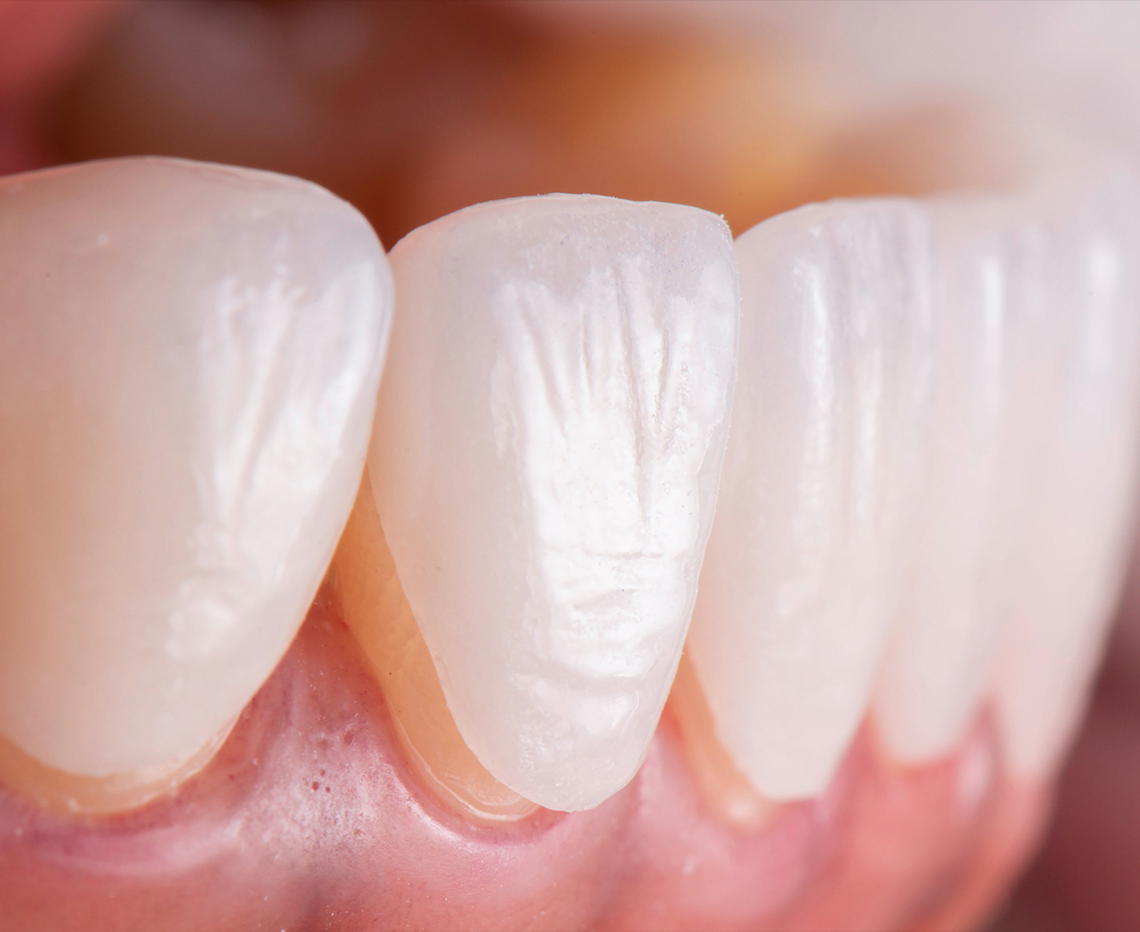
Porcelain Veneers Lumineers
Dental veneers, also known as porcelain veneers or dental porcelain laminates, are ultra-thin, custom-made covers for the front of teeth that are composed of materials that match your natural teeth. The teeth’s color, form, size, or length are altered by these shells, which are glued to the front of the teeth.
Benefits of Porcelain Veneers
- They can cover chips, cracks, and discoloration
- They look and feel exactly like natural teeth
- They can prevent tooth discoloration
- They can increase self-confidence
In which cases are Porcelain Veneers Used?
- Discoloration on teeth
- Teeth that are worn down with age
- Chipped or broken teeth
- Misaligned or uneven teeth
- Teeth that are not spaced out evenly
- Gum diseases
How Long Do Porcelain Veneers Last?
Typically, a veneer lasts approximately 5-10 years. They do not require any special care other than regular brushing, flossing, and visits to the prosthodontist. If they have properly cared for, then they can last much longer. Professional cleanings every 6 months and yearly exams are highly recommended.
Does It Hurt to Get Dental Veneers?
The porcelain veneer process is a relatively minimally-invasive treatment compared to procedures like dental fillings or crowns. However, it is important to utilize numbing medication to ensure the patient’s comfort throughout the procedure. With smaller cases (two or four veneers) there will be very little or no discomfort after the numbness subsides. Patients should expect some soreness of the gums and possibly the jaw in cases that involve eight or more veneers. The soreness can typically be alleviated with over-the-counter medications. Patients also wear a set of temporary veneers between their prep visit and the final placement to avoid sensitivity.
What Foods Should Patients Avoid After Getting Dental Veneers?
Eating softer foods the first few days until the patient gets used to the new bite position is recommended. After several weeks there is no limitation unless the patient’s case has specific needs. The most common foods to avoid are ice, hard biscuits, hard candy, caramel apples, hard nuts, pumpkin seeds, and popcorn.



